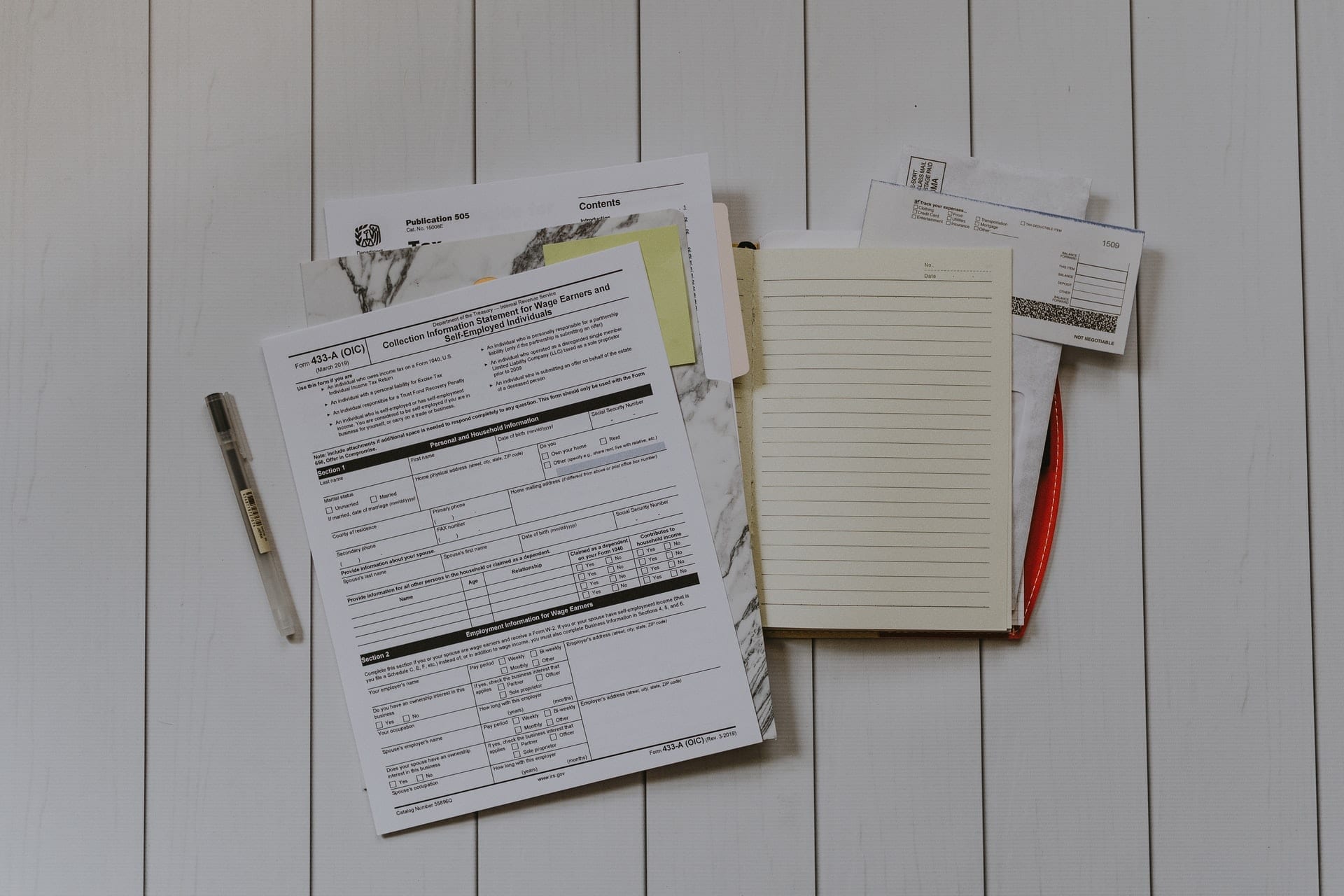When a judge orders you to prison, it feels like your life stops. You lose your freedom, your friends and family and many other parts of your life. While your life feels like it stops when you’re in prison, you obligations outside of prison don’t. You still have to take care of your kids, pay your bills and even file a tax return. How do you go about filing taxes when incarcerated?
Do incarcerated people have to file tax returns?
Yes. Incarcerated people, like anyone else, have to file a tax return if they have enough income. Most incarcerated people have in-prison jobs that pay a very small amount of, and sometimes no, money. Most facilities “pay” you by putting credit in your commissary account. Because these amounts are so small, prisons often don’t issue a 1099-MISC or W-2 form that an employer might usually give you. However, they still count as taxable income to the IRS.
In most cases, this income won’t be enough that you’ll have to file a return. However, if your income exceeds $12,000 (or $24,000 for married couples filing jointly), you may have to. If your income exceeds $12,000, it’s probably because you earn income from outside of the prison. Maybe you’re earning income from interest, annuities or a retirement account. This income counts when you’re in prison, too.
Do you qualify for ordinary tax benefits from prison?
Maybe. Although the income you earn in prison is taxable, you won’t get to take advantage of a few tax benefits you would if you weren’t behind bars. For example, to qualify for the earned income tax credit, you must have “earned income.”
But, under federal law, income received by someone “while the individual is an inmate at a penal institution” does not count. So, unless your income is from either before or after your prison sentence, you may not be eligible for the earned income tax credit.
You’ll run into the same problem when it comes to the child tax credit, too. To qualify for the refundable part of the child tax credit, you must have at least $2,500 of “earned income.” Like with the earned income tax credit, the phrase “earned income” does not include money earned while in prison.

How do you actually send in your taxes?
If you have to file taxes from prison, how to calculate your income and what benefits you might qualify for are on your mind. But you also might wonder about logistics. What do you actually have to do to get your tax return from your prison cell to the IRS?
The easiest way to ensure that you file your taxes while you’re incarcerated is to have someone outside of prison do it for you. If you file a joint return with your spouse, this could mean them. You can also hire someone or grant power of attorney to a person you trust to help. Hiring someone or granting power of attorney is not simple and requires paperwork, so you still might need a friend’s or family member’s help, too.
You can also check to see if your prison has free in-prison tax or lawyer services to help. Even when you’re in prison, filing taxes isn’t simple. If you’re incarcerated in a state other than your home, for example, you might have to file two state tax returns. Other incarcerated people in prison with you may have experience on these issues.
Finally, if you are only in prison for a short amount of time, you can ask the IRS for an extension. After filing the extension, you won’t need to file your return by the deadline, which is usually Apr. 15 (but may be different like it was this year).
The Takeaway:
When you go to prison, your life feels like it stopped. But it doesn’t, and that’s true with everything you’re responsible for on the outside, too. You have to pay your bills, you have to take care of your kids and you even have to file your tax returns. Filing taxes when incarcerated can be complicated. You’ll likely need some help from friends, family members or even professionals.






